Using The Law To Protect And Restore Ecosystems And Species
The Biodiversity Law Centre’s mission is to use the law to protect, restore and preserve indigenous ecosystems and species in Southern Africa. By supporting civil society organisations, and local and indigenous communities in their efforts to safeguard their environments, the BLC seeks to advance its vision of flourishing indigenous species and ecosystems that support sustainable livelihoods in Southern Africa..
We began supporting the Biodiversity Law Centre in 2025 with funding for their Small Pelagic Fisheries Project.
The Small-Pelagic Fisheries Project
The small-pelagic fisheries project is a new undertaking as part of the Centre’s emerging “Oceans and Coasts” programme. It has been developed as a scoping exercise to assess where legal tools may intervene in protecting marine biodiversity and has been identified as particularly suitable due to the intersection of significant conservation concerns, high pressure on this fishery from a competitive and high-volume industry, and the critical role of small-pelagic / forage fish in the ocean’s ecosystem.
The Project Goals Include:
Examining whether legal tools may be leveraged to address weaknesses in the approach to determining and applying the TAC / TAE (along the lines of the West Coast Rock Lobster case brought by WWF).
Identifying where to position advocacy in terms of promoting an ecosystem-based approach to fisheries, with particular regard to the interconnected and relational nature of small-pelagics / other fish / humans.
Identifying areas where the existing legislative framework may not be fit for purpose in terms best available science, best available technology and developments in law, policy and conservation since the passing of the Marine Living Resources Act (MLRA) in 1998 (with a view to advocate for amendments to the MLRA and/or be ready to engage in the amendment process of this legislation which is anticipated).
Identifying whether there are structural and/or systemic issues in the organisation of the DFFE:
Fisheries Management and/or the institutional architecture governing fisheries management where legal interventions may be appropriate.
Identifying key stakeholders, partners and opportunities for creating an adaptive and ecologically sustainable approach to use of marine biodiversity which may apply beyond the small-pelagic commercial fishery.
Compiling findings and recommendations in a comprehensive report for use in relation to strategic litigation, advocacy and stakeholder engagement.

